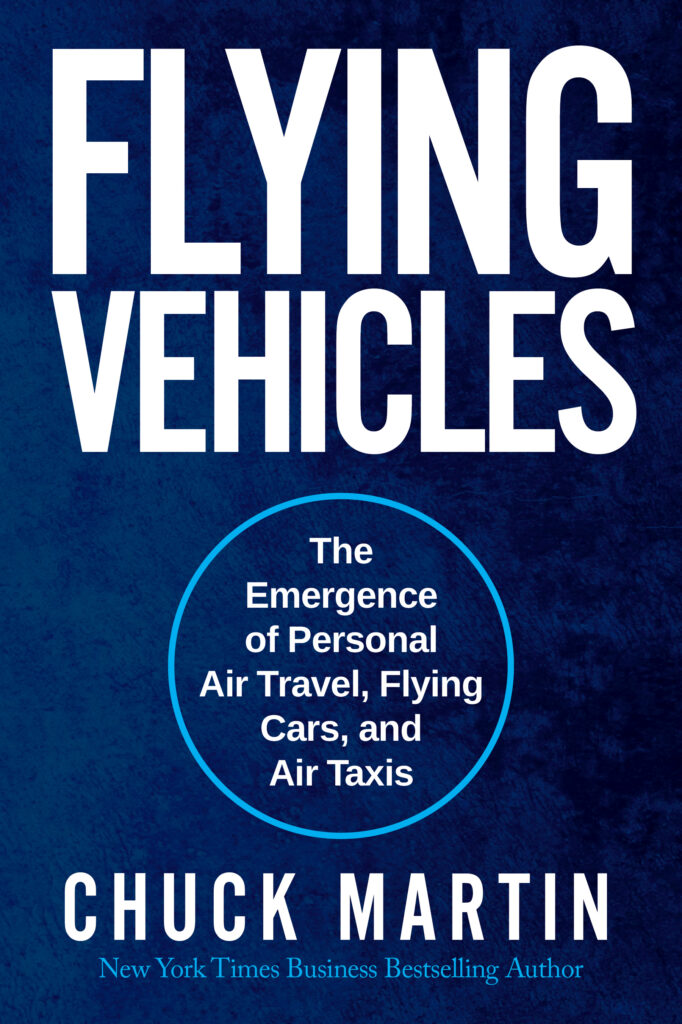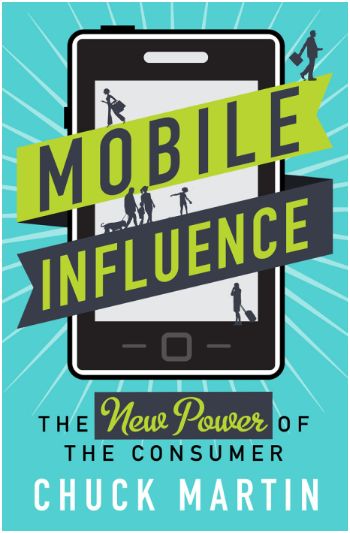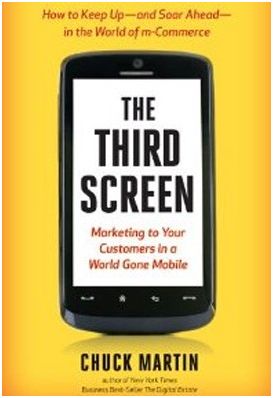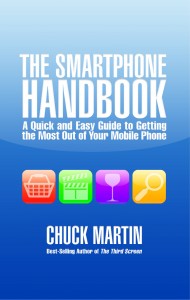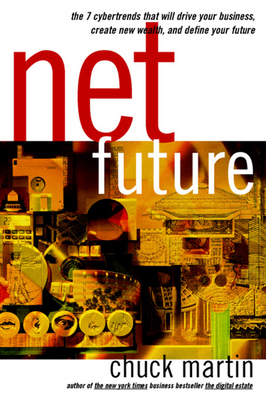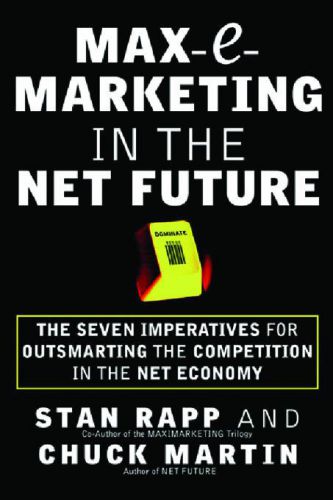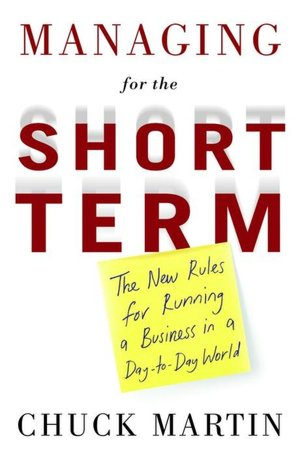The quest for value via mobile check-in continues — and to some extent, it’s a land of extremes.
At one extreme are those who view checking in to locations as totally pointless. At the other end are those who will check in everywhere they go.
For example, Ryan and Chris — two friends I know in their early 20s and both recent MBA grads — compete with each other for points on Foursquare.
At times the competition to “out check-in” each other gets the better of them. “Sometimes I check in even when I don’t want anyone to know where I am,” says Chris. “I want the points.”
With Foursquare, when a person checks in more than others at a location, the person is bestowed the title of mayor of that location.
“For the first time, I was the mayor of my gym but then I went away for a few days and found I was now four days away from being mayor,” says Ryan, who feels compelled to regain the title.
The two friends even have guilt-ridden check-ins, all in search of points. “I check in all the time at the bagel shop and fear my friends think I’m eating bagels all the time — but I’m actually having fruit smoothies,” says Chris. “But I want the points.”
Another driver of checking in is so friends can see where their friends are, a value in addition to the points.
“You don’t have to notify a whole bunch of people when you’re going somewhere,” says Ryan.
Over the last couple of years, various check-in experiments have occurred — and more are certain to come.
One of these was initiated over the weekend by Facebook, which may have gotten a little ahead of itself.
Facebook launched Find Friends Nearby, a location-based feature to identify people in their vicinity who were using Facebook, but were not necessarily friends (as in Facebook Friends).
“That sounds creepy,” said one 20-year-old.
We tested the service over the weekend on a pair of iPhones. Whether creepy or not, the feature did not seem all that functional.
Both phones in a given area had to have a certain page on the Facebook app open before the individuals could “see” each other. And the value was somewhat questionable, as unknown people could show up on your phone, and vice versa.
By Monday, the service was shut down. Whether because it was considered a version of “stalking” or simply too clunky to use, the feature has vanished for now.
But at least the mobile marketplace is witnessing experiments — some of which will work and others not.
For example, in its early interactions of experimenting with check-ins, Starbucks offered a deal through Foursquare.
For Starbucks mayors, the chain offered a discount on a Frappuccino drink. The obvious problem was that if the mayor — arguably one of a Starbucks store’s most loyal customers — did not like or drink Frappuccinos, the offers were of little value.
However, after that experiment Starbucks moved to accepting payments by scanning mobile phone codes in the Starbucks app. The quick mobile checkout with automatic account reconciliation added value to the Starbucks experience.
Another interesting approach came from American Express.
As we were waiting in line to pay at a local restaurant recently, I checked in via Foursquare. Through a deal with American Express, there are offers based on certain check-in locations.
By checking in on Foursquare and paying with American Express, a $10 credit was sent directly back to my Amex account. Now that is value.
Very smartly, Amex bypassed the local establishment personnel training issue, since the cashier said she had never heard of Foursquare.
It was value created directly between Amex and its customer, where the customer was using the Amex card.
And that is exactly the point of check-in — there must be value provided.
While there will be those who will never check in because they see the process as worthless, there are others who will always check in.
So between the two extremes — of those who will not check in no matter what and those who will always check in no matter what — lies the opportunity.
Chuck Martin is author of The Third Screen; Marketing to Your Customers in a World Gone Mobile, The Smartphone Handbook, CEO of Mobile Future Institute, Director of the Center for Media Research at MediaPost Communications and ahighly sought-after mobile marketing speaker.


